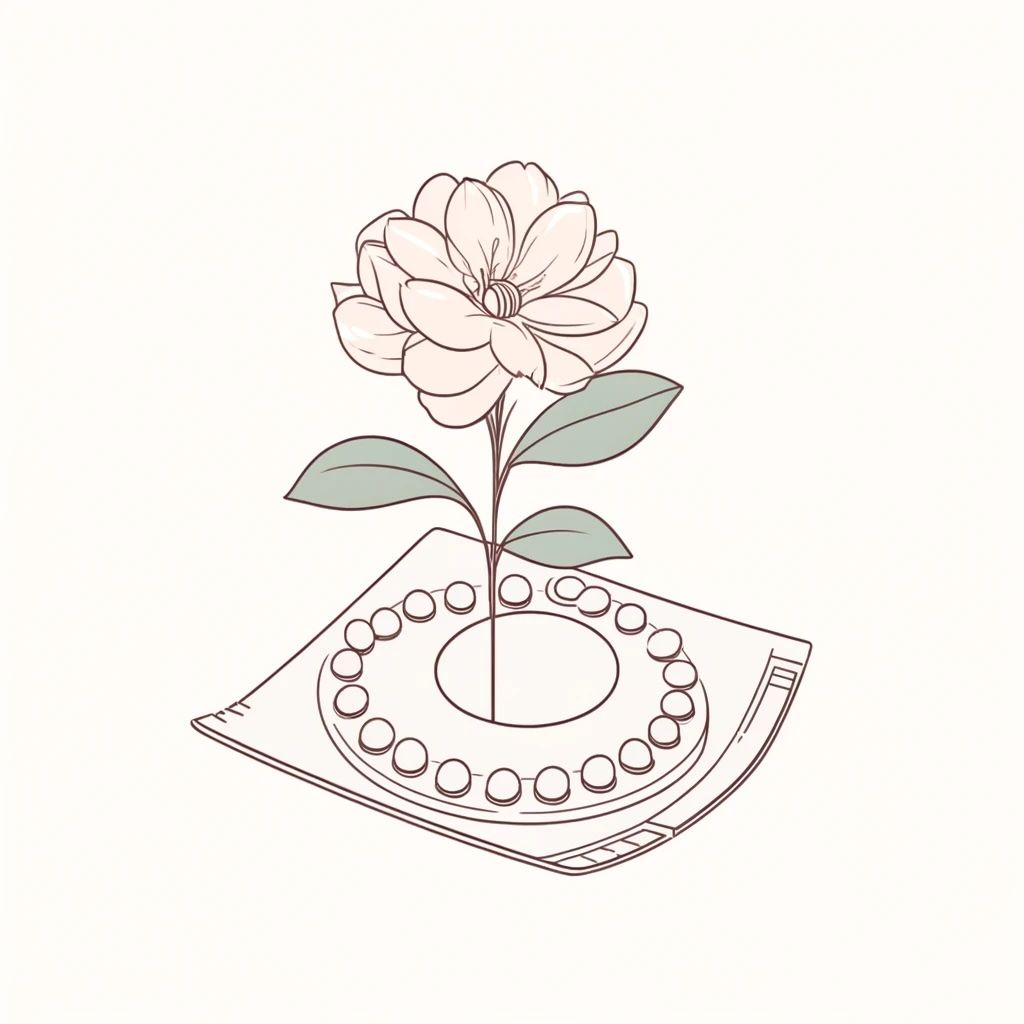How to Buy Less: Overcoming Consumerism with ADHD

Takeaways
- Time Investment and Diversion from Meaningful Activities:
- Beyond monetary costs, the pursuit of impulsive buys consumes valuable time, diverting attention from more meaningful activities. This diversion may lead to a sense of regret, underlining the multifaceted nature of the challenges individuals with ADHD face in managing impulsive tendencies.
- Hyperfocus and Paradoxical Impulsive Behaviors:
- Individuals with ADHD, known for their capacity to hyperfocus, may paradoxically find themselves fixated on the pursuit of the "perfect" deal or item. This hyperfocus, while characteristic of ADHD, can contribute to impulsive spending without considering long-term implications.
- Embracing Mindful Living and Financial Well-being:
- By incorporating mindful spending and budgeting practices, individuals, especially those with ADHD, can break free from the cycle of mindless consumption. Prioritizing experiences over possessions and considering the environmental impact further contributes to intentional living and financial well-being. Reclaiming time, money, and mental peace from advertisers is a transformative step in this journey.
In a world dominated by consumer culture, curbing the impulse to buy incessantly can be particularly challenging for individuals with Attention Deficit Hyperactivity Disorder (ADHD). The constant barrage of advertisements and societal pressure to accumulate possessions can exacerbate impulsive tendencies - like spending. Impulsive spending can be categorized into two distinct realms— both a wasteful expenditure of money and a squandering of valuable time and money.
On one hand, the financial consequences of impulsive purchases are evident, as individuals may acquire items that do not align with genuine needs or long-term goals, resulting in a depletion of financial resources. On the other hand, the investment of time in pursuing these impulsive buys compounds the issue, diverting attention away from more meaningful activities and potentially leading to a sense of regret.
Individuals with ADHD, known for their capacity to hyperfocus, often find themselves immersed in the pursuit of the "perfect" deal or the ideal item to buy. This hyperfocus, while a hallmark of ADHD, can paradoxically exacerbate impulsive spending behaviors as individuals become fixated on the immediate gratification of a purchase without fully considering its long-term implications. Recognizing these dual dimensions— the waste of both time and money—underscores the importance of adopting mindful strategies to navigate the pitfalls of impulsive spending, particularly for those with ADHD.
However, there are several helpful hints and strategies that can assist in managing impulsive buying tendencies:
- Create a Budget:
- Establish a clear and realistic budget that outlines your income, expenses, and savings goals.
- Allocate specific amounts for necessities, savings, and discretionary spending.
- Regularly track and review your spending to stay on course.
- Use Cash Instead of Cards:
- Consider using cash for discretionary spending instead of credit or debit cards.
- Physically handing over money can create a more tangible connection to the act of spending, making you more conscious of your purchases.
- Implement the 24-Hour Rule:
- Before making a non-essential purchase, commit to waiting 24 hours.
- This time frame provides an opportunity for reflection and helps to differentiate between impulsive desires and genuine needs.
- The One-In, One-Out Rule:
- Before acquiring a new item, commit to getting rid of something you already own.
- This can help prevent accumulation but also forces individuals to evaluate the true value of a potential purchase.
- Build a Shopping List:
- Create a shopping list before entering a store or browsing online.
- Stick to the list and avoid making spontaneous purchases that are not part of the plan.
- Consider where the item will go
- Will this item create clutter? To quote Marie Kondo, does this item bring you joy?
- Set Specific Financial Goals:
- Define short-term and long-term financial goals.
- Having clear objectives provides a sense of purpose and helps prioritize spending on what truly matters to you.
- Unsubscribe from Retail Emails:
- Reduce exposure to tempting sales and promotions by unsubscribing from retail email lists.
- Less exposure minimizes the likelihood of being enticed into impulsive buying.
- Practice Mindfulness Techniques:
- Develop mindfulness techniques, such as deep breathing or meditation, to increase self-awareness.
- Mindfulness can help you become more conscious of impulsive thoughts and behaviors, allowing you to make more intentional choices.
- Distract Yourself:
- When the urge to spend arises, find alternative activities to distract yourself.
- Engage in hobbies, exercise, or spend time with friends and family to redirect your focus away from impulsive buying.
- Enlist an Accountability Partner:
- Share your financial goals with a trusted friend or family member.
- Having someone to hold you accountable can provide support and encouragement in moments of temptation.
- Reflect on Past Purchases:
- Review past impulsive purchases and reflect on how they contributed to your overall satisfaction.
- Understanding the consequences of impulsive buying can serve as a deterrent in the future.
- Prioritize Experiences Over Possessions:
- Shift your focus from accumulating material possessions to investing in experiences.
- Engaging in activities and creating memories can provide lasting fulfillment without the clutter of unnecessary items.
- Educate Yourself on Consumerism:
- Learn about the psychological and economic aspects of consumerism.
- Understanding the tactics used by advertisers and the consequences of excessive consumption can empower you to make more informed choices.
- Consider the environmental impacts of what you are buying
By incorporating these strategies into your daily life, you can develop a more mindful and intentional approach to spending, ultimately curbing impulsive buying tendencies and fostering financial well-being.
Curtailing consumerism, especially for those with ADHD, is a journey towards intentional living and financial well-being. By embracing mindful spending and budgeting, and considering the environmental impact of their choices, individuals can break free from the cycle of mindless consumption. Reclaim your time, money, and mental peace from advertisers.




